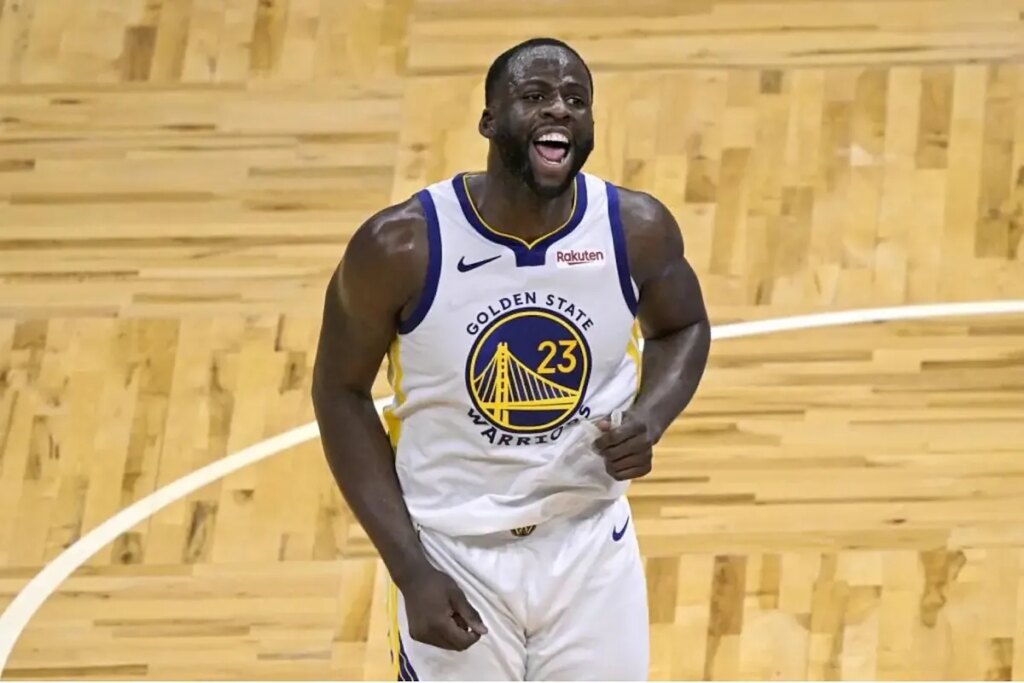Golden State Warriors forward Draymond Green shared in a recent episode of his podcast a controversial reflection like almost all the ones he usually makes, coinciding with LeBron James’ opinion about the younger generation of players who focus more on “training” than “playing”.
Green criticized the impact, in his view, of coaches diverting attention away from the game itself to focus on training: “LeBron said that the next generations will depend more on the players themselves than on the game itself, and I agree. I didn’t learn how to do a proper individual workout until I got to college. As a kid, I would go play basketball, where’s the nearest court? Leave me alone. I’ll play all day.”
LeBron said that future generations will rely more on the players themselves than on the game itself, and I agree
Coaches, in his opinion, stifle young players’ play too much by depriving them of most of their imagination on the court: “It’s different when someone puts you in the position to make this move. How do you use your creativity? There’s a time and a place for a coach, and I think, with the evolution of the game, you need those resources to be successful.”
The impact of coaches
He then made an intriguing statement about the socioeconomic impact of coaches in basketball: “I feel like basketball used to be a poor man’s sport. We all played it. We were poor, we had nothing and it was our way out… but basketball is not a poor man’s sport anymore, it’s a rich kid’s sport.”
Green mentioned as an example the origins of LeBron James, a boy from Akron, Ohio, raised by a single mother. And he reiterated that stories of that nature are far less likely to get attention now, mainly because they lack the necessary resources.
I feel like basketball used to be a poor man’s sport. We all played it. We were poor, we had nothing and it was our way out… but today it’s not a poor man’s sport anymore, it’s a rich man’s sport
The Warriors forward’s comments also reflect the kind of model that is set for most players of future generations. From the kind of moves they make to the way they approach the game, Green was heavily critical of basketball coaches for stifling the imagination of children capable of forging their own path.
Green’s approach differs slightly from James’ view, who at the time opined that children are more likely to burn out when they focus on just one sport. The saturation of information and effort in one sport, especially in the formative years, can lead to boredom and stress.
Even so, there are players in the NBA such as Ja Morant or Anthony Edwards, among others, who have had a positive impact on younger players with their style of play. But developing fundamentals and cultivating a sense of the game simply by competing is the way Green believes young players can have a greater impact.
Read the full article here

